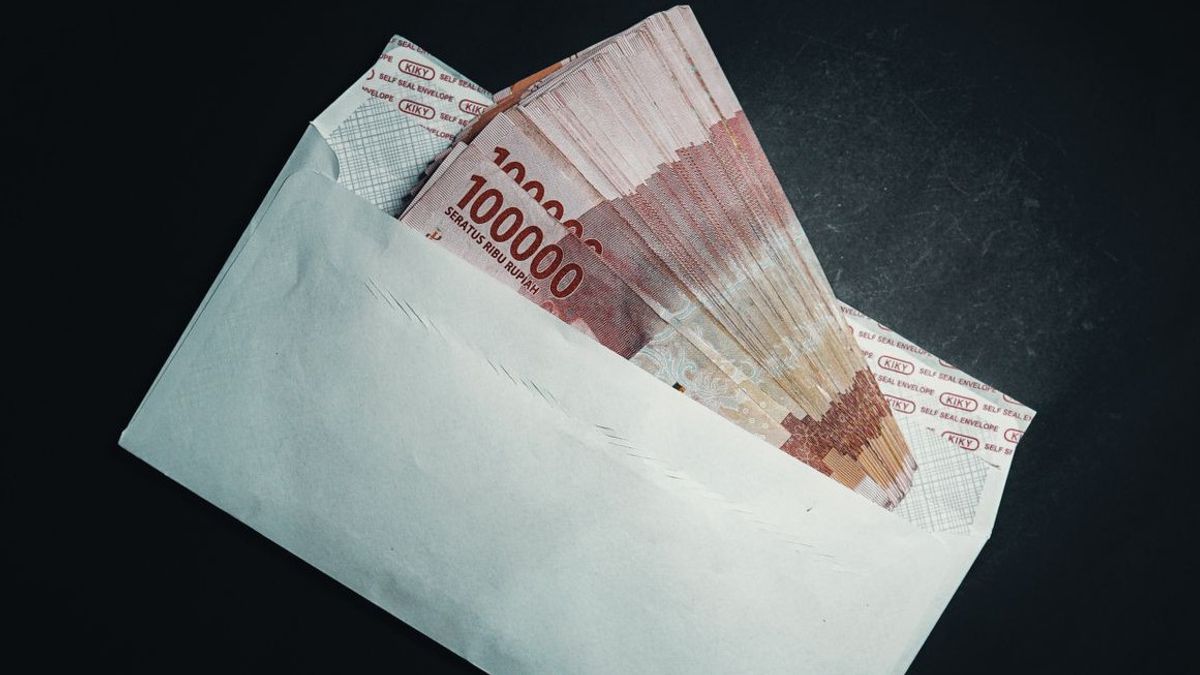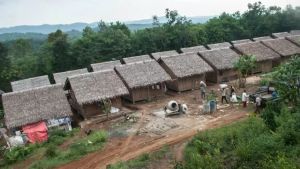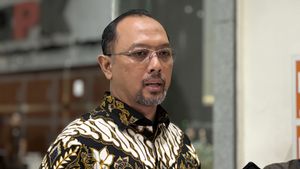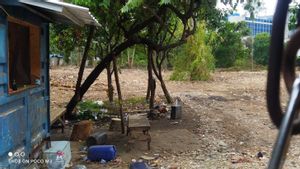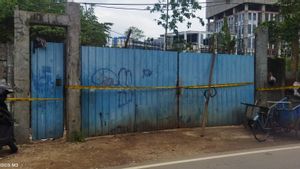JAKARTA - Director General of Regional Administration of the Ministry of Home Affairs (Kemendagri) Syafrizal said that imposing sanctions on health protocol violators is the last option. Because, currently law enforcers prefer a persuasive approach.
"Imposing sanctions is the last option. In essence, yes, we are still persuasive so that our people are fully aware that this pandemic is dangerous," said Syafrizal in an online press conference broadcast on BNPB's YouTube account, Monday, February 8.
Although they prefer a persuasive approach, based on data held by the Ministry of Home Affairs, 29 million people have been prosecuted for violating health protocols in the midst of the COVID-19 pandemic.
"The health protocol disciplinary apparatus has taken action against nearly 29 million people. They have been given action in the form of fines, then social work fines, and other things," he said.
However, this action will not be effective if all parties do not participate in enforcing health protocols in the midst of a pandemic. For this reason, the government will impose restrictions on community activities (PPKM) on a micro level.
This is because, the government sees that the prosecution only occurs in certain areas or is not carried out equally. In fact, this virus has spread to all cities and regencies in Java and Bali.
"What is enforced by 29 million may be on the streets or in shops. Even though our pandemic is for Java and Bali, almost all districts / cities have been exposed," he explained.
"Therefore, in addition to enforcing health protocols that we do both at PPKM 1 and PPKM 2, later in PPKM Mikro we will lower it to the lowest level to enforce it," added Syafrizal.
For information, micro-scale PPKM is carried out by considering the criteria for the control zone area up to the RT and RW levels. Regions that will implement this micro PPKM are regions in 7 provinces that have implemented PPKM previously. The zoning criteria in question are divided into green zones, yellow zones, orange zones, and red zones.
1. Green zone
Criteria: No house in one RT has a positive case of COVID-19 in the last 7 days.
Scenarios: active surveillance, all suspects tested, and case monitoring is carried out regularly.
2. Yellow zone
Criteria: there are 1 to 5 houses with positive cases during the last 7 days.
Scenario: find suspected cases and close contact tracing and then requested self-isolation under close supervision.
3. Orange zone
Criteria: there are 6 to 10 houses with positive cases during the last 7 days.
Scenarios: find suspected cases and tracing close contacts and then asked to self-isolate under strict supervision, closing houses of worship, children's play areas, and other public places except for the essential sector.
4. Red zone
Criteria: there are more than 10 houses with positive cases during the last 7 days.
Scenarios: find suspected cases and close contact tracing; perform self-isolation; closing houses of worship, children's play areas and other public places except for the essential sector; prohibits crowds of more than 3 people; limit entry and exit of RT to a maximum of 20.00 WIB; and eliminate crowd-generating social activities.
Micro PPKM is carried out through the coordination of all elements, starting from the head of RT / RW, village / lurag head, Satlinmas, Babinsa, Bhabinkamtibnas, Satpol PP, PKK, Posyandu, Dasawisma, community leaders, traditional leaders, religious leaders, youth leaders, extension agents, staff health, youth organizations, and other volunteers.
The coordination, monitoring and evacuation mechanism of the micro PPKM is carried out by establishing village and family level command posts (posko). For supervision and reporting of village and sub-district posts, sub-district posts were formed. Apart from implementing micro PPKM, PPKM at provincial and district / city scale are still running as before.
The English, Chinese, Japanese, Arabic, and French versions are automatically generated by the AI. So there may still be inaccuracies in translating, please always see Indonesian as our main language. (system supported by DigitalSiber.id)
